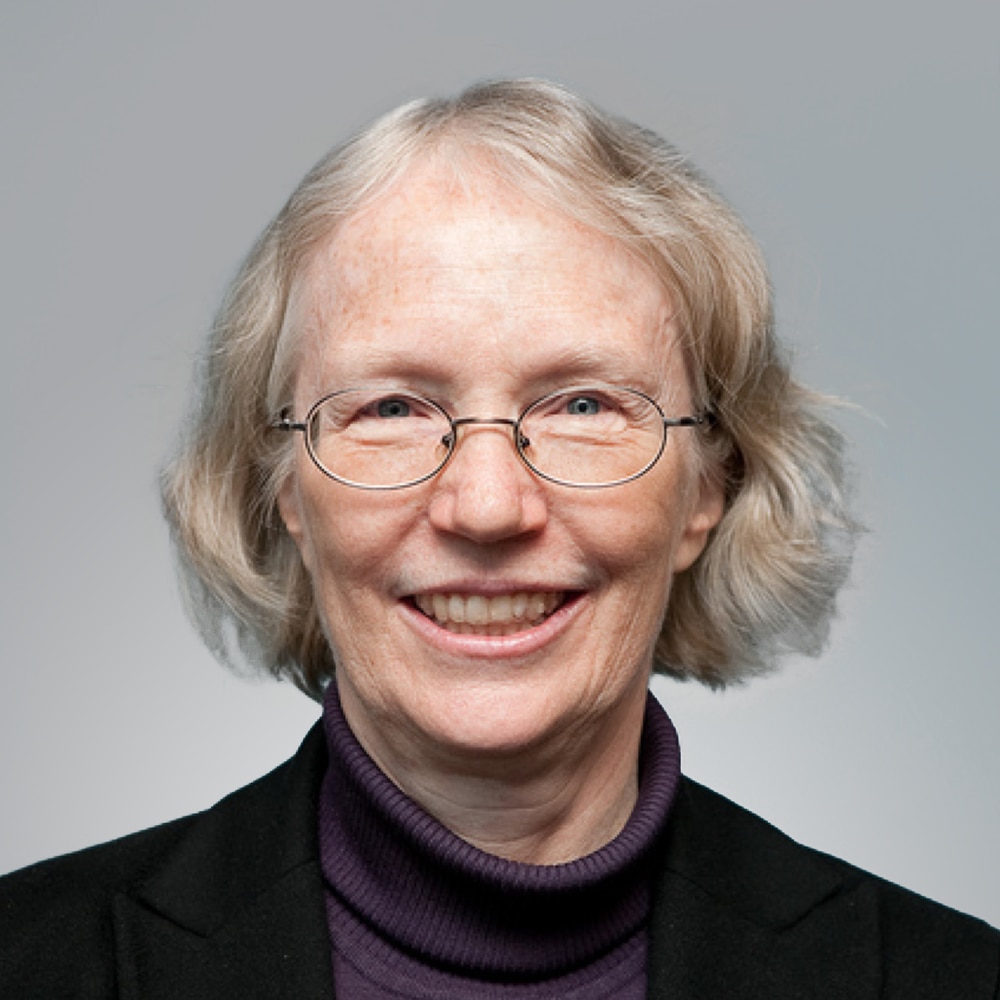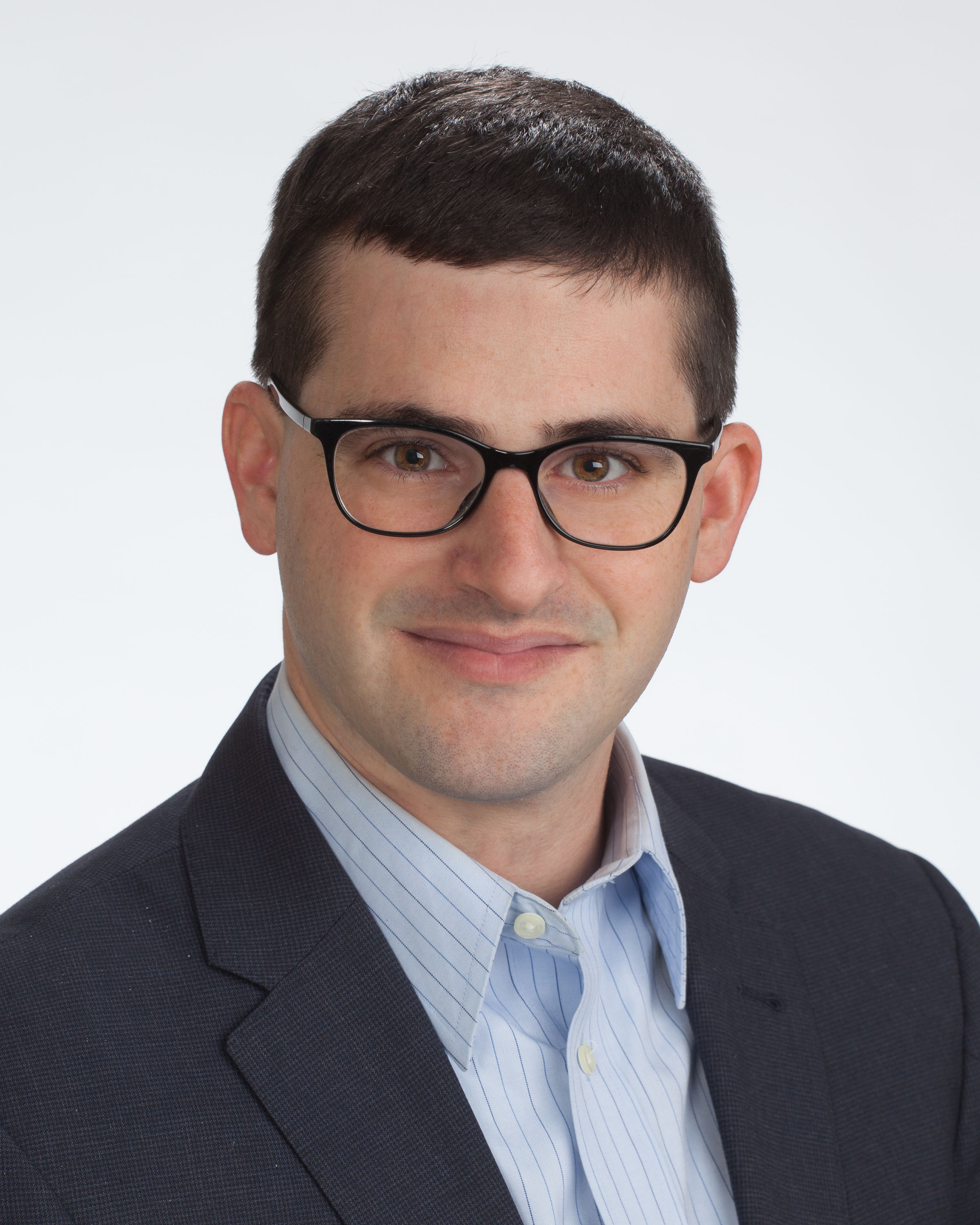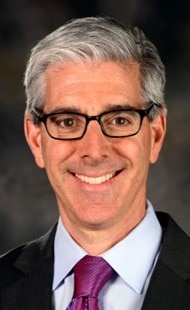Read: Climate and Health Outlook for June 2022
Check out the latest edition to learn how extreme heat poses health risks for all Americans.
Join our pledge initiative to create a greener, more resilient future!
HHS, in partnership with the White House, has issued a call to action for health care stakeholders. To commit to tackling the climate crisis through a new initiative aimed at reducing emissions across the health care sector, sign the pledge.
Watch: HHS Earth Day 2022 Speaker Series
Climate Change Basics – Future Scenarios, Impacts and Adaptation | Tuesday, April 19, 2022
View event details for the Climate Change Basics webinar
The webinar intends to explain the basics of climate change, it’s occurrence and causes. It is imperative to understand the scale and intensity of impacts and the session will explore this through examples. It will introduce the data, tools, and knowledge needed to manage climate-related risks and opportunities. This webinar will recognize the main components relevant to climate change decision making while summarizing different types of climate information across time scales. We will also explain how climate projections and sectoral models (e.g., crop models) support adaptation planning and mitigation options.
Presenters:

Cynthia Rosenzweig is a Senior Research Scientist at the NASA Goddard Institute for Space Studies, where she heads the Climate Impacts Group. She is Co-Chair of the New York City Panel on Climate Change (NPCC), a body of experts convened by the mayor to advise the city on adaptation for its critical infrastructure. She co-led the Metropolitan East Coast Regional Assessment of the U.S. National Assessment of the Potential Consequences of Climate Variability and Change, sponsored by the U.S. Global Change Research Program. She was a Coordinating Lead Author of Working Group II for the Fourth Assessment Report of the Intergovernmental Panel on Climate Change (IPCC). She is Co-Director of the Urban Climate Change Research Network (UCCRN), Co-Editor of the First and Second UCCRN Assessment Reports on Climate Change and Cities (ARC3)

Sanketa Kadam is a research assistant at the NASA Goddard Institute for Space Studies, she works in the Climate Impacts Group. She has a Masters in Climate and Society from Columbia University. Her research expertise includes climate modelling, impact modelling for decision making and utilizing remote sensing data for adaptation. Her work encompasses studying climate variability and its impacts on agricultural food systems, urban systems, and ecosystems.
Climate Change Impacts, Adaptation, and Resilience | Wednesday, April 20, 2022
View event details for Climate Change Impacts, Adaptation, and Resilience
The impacts of climate change are being felt in every U.S. state, territory, community and sector, and will continue to be felt even more so in the future. Making matters more urgent, we have a narrow window of time to avoid costly, deadly, and irreversible future climate impacts. So what are we doing about it? This talk will highlight not only climate change-related impacts across the United States and world but highlight ongoing activities and partnerships involving NOAA to help build climate resilience to protect lives, lifestyles and livelihoods. Because addressing climate change goes beyond just monitoring it.
Presenter:

Tom Di Liberto is a climate scientist and award-winning science communicator working as a contractor with CollabraLink at NOAA’s Climate Program Office as the staff climatologist for NOAA’s Climate.gov. He is a science writer, communication strategist, and social media manager at Climate.gov, and has also served as emcee of the Department of State’s U.S. Center at the United Nations climate change conferences COP21, COP22, and, most recently, COP26, helping to lead the U.S. government’s public outreach and diplomacy space.
Climate Change and Health Equity at HHS | Thursday, April 21, 2022
View event details for the Climate Change and Health Equity at HHS webinar
Climate change poses current and increasing threats to human health. As the climate continues to warm, the risks to human health will grow, exacerbating existing health threats and creating new public health challenges. Many disadvantaged communities currently bear the brunt of climate-induced risks from extreme heat, poor air quality, flooding, extreme weather events, and vector borne diseases. While the impacts of climate change will be felt by all Americans, they will be deeper and longer lasting among the poor, people of color and other populations. This webinar will focus on how HHS is doing their part to address climate change related health disparities, mitigate its effects, and how they are laying the groundwork for the future in climate change and health equity.
Presenter:

Dr. Balbus is the Interim Director of the new Office of Climate Change and Health Equity within OASH. A physician and public health professional with over 25 years of experience working on the health implications of climate change, Dr. Balbus has served as HHS Principal to the U.S. Global Change Research Program and co-chair of the working group on Climate Change and Human Health for the U.S. Global Change Research Program since he joined the federal government in 2009. Before coming over to the new Office, Dr. Balbus served as Senior Advisor for Public Health to the Director of the National Institute of Environmental Health Sciences.
Give Your Feedback: Request for Information on the 2022 HHS Environmental Justice Strategy and Implementation Plan

HHS needs your help! We are seeking public comment on the draft outline to further the development of the 2022 Environmental Justice Strategy and Implementation Plan. This plan will serve as a guide to confront environmental and health disparities and implement a multifaceted approach that will serve vulnerable populations and communities disproportionately impacted by environmental burdens.
Read: “After COP26 — Putting Health and Equity at the Center of the Climate Movement” in NEJM

The New England Journal of Medicine published a Perspective authored by Admiral Rachel Levine, Assistant Secretary for Health, Arsenio Mataka, HHS Senior Advisor on Climate Change and Health Equity, the Office of Climate Change and Health Equity (OCCHE) Interim Director John Balbus and OCCHE Senior Advisor Joe McCannon titled “After COP26 — Putting Health and Equity at the Center of the Climate Movement.” The Perspective describes how our Office of Climate Change and Health Equity is approaching the health threats associated with climate change, especially in the most high-risk communities.

